Journey to Africa
Other Diseases
AIDS: Sexually transmitted diseases like HIV and other venereal diseases are prevalent throughout Africa. Please note that the 2005 UN report has indicated that there are over 25 million infected people with HIV and AIDS. This accounts for over 7% of adults for the continent as a whole. You should realize that the rate of HIV infection among sex workers is extremely high and one is advised to avoid any sexual activity.
Health care workers traveling to the continent or others likely to indulge in activities that expose them to these diseases, should exercise extreme caution and take adequate precaution.
Bilharzia (Schistosomiasis): It is an infection of the blood caused by the larvae of a parasitic flatworm (schistosome). The sickness causes debilitation and damage to the liver and intestines.
Stomach Upsets: Travelers diarrhea is generally unavoidable in Africa. It should not last for more than two days. Amoebic dysentery is also a form of travelers’ diarrhea. The best bet during any diarrheal infection is to take plenty of fluids and rest. If the diarrhea does not stop even after a week, you must consult a doctor to pursue an antibiotic course.
Mosquito transmitted illnesses: Malaria, West Nile fever and Rift valley fever are caused by mosquito bites. Preventive measures that include use of nets, insect repellants and staying away from damp sites or accumulated pools of stagnant waters will help prevent these diseases.
Malaria is Africa’s most prevalent disease; as there is no vaccine against it, prophylactic measures are the only saviours. Today, prophylactic drugs such as Mefloquine, Malarone and Doxycycline are available. The drug is taken one week before entry into the country and continued for 4 weeks after leaving it. One must remember, that symptoms of malaria may not occur for months or even years after exposure.
Lassa fever: West African regions such as Nigeria, Zaire and Sierra Leone have epidemic outbreaks of this disease. It is highly contagious and can be fatal. Patients are isolated; the exact cause or mode of transmission is unknown.
Sleeping sickness (African Trypanosomiasis): This disease is endemic to Central Africa. It is caused by the bite of the tsetse fly. There are two forms of the disease- "The Rhodesian" or acute and "The Gambian" or chronic. Apart from various symptoms that range from fever and rashes to anemia, the disease can cause depression; if left untreated it can become fatal.
Tuberculosis (T.B.): Visitors to sub-Saharan Africa maybe at risk to this contagious disease. It especially affects people with low immune systems and exposed to poor hygiene and sanitation conditions. Heaf, a skin test, will confirm exposure to TB. It is advised that visitors undergo the test again when they return home. Treatment of T.B. is a long- term process; it involves administration of many drugs that have to be taken continuously for months.
Though a vaccine is available for young children, it is rarely advised due to the severe side effects it can cause. You must seek an expert medical opinion to clear your doubts.
Health care workers traveling to the continent or others likely to indulge in activities that expose them to these diseases, should exercise extreme caution and take adequate precaution.
Bilharzia (Schistosomiasis): It is an infection of the blood caused by the larvae of a parasitic flatworm (schistosome). The sickness causes debilitation and damage to the liver and intestines.
Stomach Upsets: Travelers diarrhea is generally unavoidable in Africa. It should not last for more than two days. Amoebic dysentery is also a form of travelers’ diarrhea. The best bet during any diarrheal infection is to take plenty of fluids and rest. If the diarrhea does not stop even after a week, you must consult a doctor to pursue an antibiotic course.
Mosquito transmitted illnesses: Malaria, West Nile fever and Rift valley fever are caused by mosquito bites. Preventive measures that include use of nets, insect repellants and staying away from damp sites or accumulated pools of stagnant waters will help prevent these diseases.
Malaria is Africa’s most prevalent disease; as there is no vaccine against it, prophylactic measures are the only saviours. Today, prophylactic drugs such as Mefloquine, Malarone and Doxycycline are available. The drug is taken one week before entry into the country and continued for 4 weeks after leaving it. One must remember, that symptoms of malaria may not occur for months or even years after exposure.
Lassa fever: West African regions such as Nigeria, Zaire and Sierra Leone have epidemic outbreaks of this disease. It is highly contagious and can be fatal. Patients are isolated; the exact cause or mode of transmission is unknown.
Sleeping sickness (African Trypanosomiasis): This disease is endemic to Central Africa. It is caused by the bite of the tsetse fly. There are two forms of the disease- "The Rhodesian" or acute and "The Gambian" or chronic. Apart from various symptoms that range from fever and rashes to anemia, the disease can cause depression; if left untreated it can become fatal.
Tuberculosis (T.B.): Visitors to sub-Saharan Africa maybe at risk to this contagious disease. It especially affects people with low immune systems and exposed to poor hygiene and sanitation conditions. Heaf, a skin test, will confirm exposure to TB. It is advised that visitors undergo the test again when they return home. Treatment of T.B. is a long- term process; it involves administration of many drugs that have to be taken continuously for months.
Though a vaccine is available for young children, it is rarely advised due to the severe side effects it can cause. You must seek an expert medical opinion to clear your doubts.





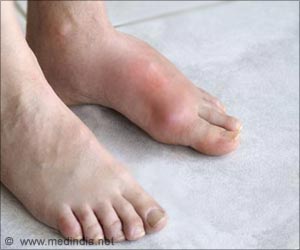
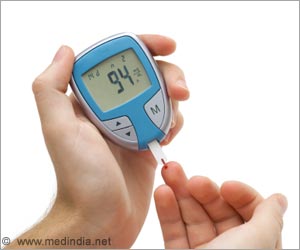
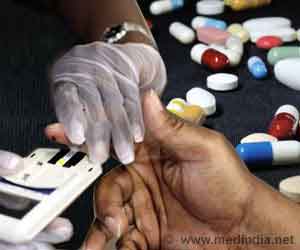
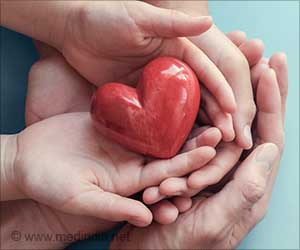
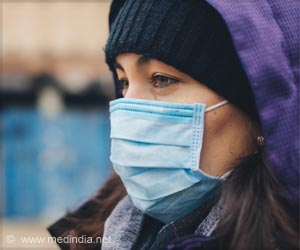






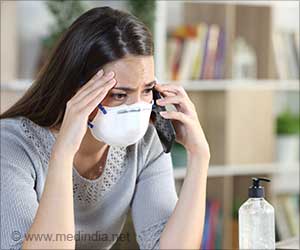

Post your Comments